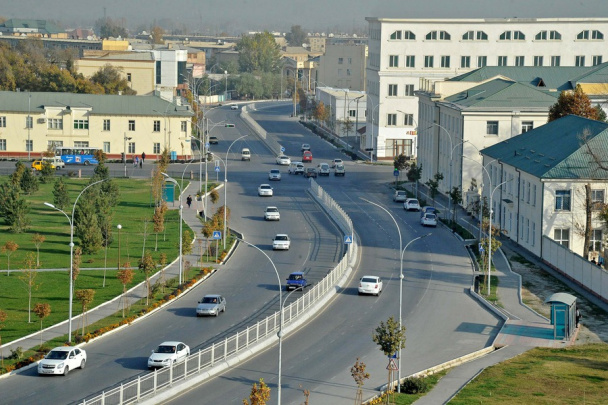Economist Otabek Bakirov criticizes IMF's call for higher taxes on the working class
The International Monetary Fund (IMF) has recommended that the Uzbek government adopt a progressive income tax system, replacing the current flat-rate structure for personal income tax. This model is based on increasing tax rates as income levels rise. However, economist Otabek Bakirov strongly opposes the idea, calling it harmful and anti-social.

The IMF's proposal aims to expand the tax base and reverse the declining trend in tax revenues as a share of GDP. To do so, it suggests moving away from the current flat 12% personal income tax rate to a tiered system based on income levels.
Economist Otabek Bakirov firmly rejected the recommendation, arguing that:
1. Tax revenue from income is already rising:
Bakirov noted that income tax revenues have been growing rapidly in both volume and share in recent years, with the trend continuing into the first quarter. This growth is attributed to the increasing formalization of the labor market and a rise in the number of taxpayers – a fact acknowledged by government officials in recent parliamentary statements. While a progressive tax system might generate a one-time spike in revenues, he warned that it would likely halt labor market formalization and lead to a resurgence of under-the-table "envelope" wages.
2. The rich do not earn their income through salaries:
In Uzbekistan, the wealthy often extract their earnings via corporate expenses or dividends – not regular wages. Therefore, if social justice is the goal, the focus should be on increasing dividend tax rates (to match income tax levels) or including personal consumption-related corporate expenses in the tax base. Bakirov questioned the fairness of taxing a working-class person’s salary at 12%, while a wealthy business owner pays just 5% on dividends – often with numerous exemptions. “Is this what we call social justice?” he asked.
3. Progressive taxation shifts the burden of debt repayment onto the public:
Raising income tax rates would effectively validate the notion that the growing burden of public debt will be paid off by increasing the tax burden on ordinary people – something that has already started through rising tariffs. This, Bakirov argued, highlights the pressing issue of expanding and inefficient government borrowing.
4. More tax revenue is needed – but not from workers:
Bakirov agreed that increasing tax revenues is necessary to strengthen social policy. However, he insisted that this should not come at the expense of the working population. Instead, the focus should be on taxing individuals and entities that have gained illegal or preferential access to wealth – those who have become dollar billionaires in the last eight years without paying any taxes. He pointed to powerful elites who control Uzbekistan’s oil and gas fields or import and sell vehicles duty-free. “Isn’t it time to squeeze their wallets? Why aren’t we holding them accountable?” he asked.
In May 2024, Timur Ismoilov, head of a department at the State Tax Committee, mentioned at an economic forum in Kazan that Uzbekistan may eventually return to a progressive income tax model. However, the committee later clarified that there are no current plans to implement such a change.
What is a progressive tax system?
A progressive tax system is one in which the tax rate increases as the taxpayer’s income rises. Simply put, the more you earn, the higher the percentage of your income you pay in taxes.
For example, in the United States, there is no single flat income tax rate. Instead, tax rates depend on a person’s income level and family status. The minimum tax rate is 10%, applied to annual incomes up to $11,000, while the highest rate is 37% for those earning more than $578,000 per year. Middle-income earners typically pay around 22% of their income in taxes.
It’s worth noting that Uzbekistan had a progressive income tax system until 2019, with rates ranging from 7.5% to 22.5%. Currently, all individuals pay a flat 12% income tax rate, regardless of their earnings.
Related News

17:53 / 06.08.2025
Kyrgyzstan sees fastest acceleration in GDP growth across Central Asia

20:03 / 05.08.2025
Fergana records largest budget deficit among Uzbekistan regions in first half of 2025

16:27 / 04.08.2025
Foreign digital companies paid UZS 78.2 billion in taxes to Uzbekistan in H1 2025

17:31 / 01.08.2025



